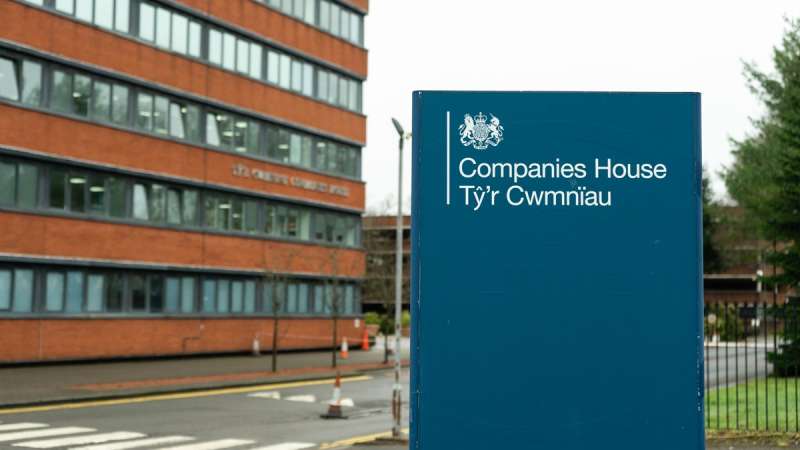Our Buyback of Shares and Share Capital Reduction Experience
Our Corporate lawyers have substantial experience in advising and implementing buyback arrangements and liaising with tax advisers on such matters.
Examples of such include:
- Simple purchase of shares out of distributable profits and capital;
- Purchase of shares in instalments (each tranche of shares being a separate completion or subject to put and/or call options) or with multiple completions;
- Approval of a share purchase agreement already entered into by the company; and
- The purchase of shares of another company by way of a share-for-share exchange (except in relation to one shareholder who was exiting and received deferred cash terms – thereby preventing a buyback of shares as payment was not all on completion).
Buyback of Shares FAQs
Why would a company want to carry out a buyback of its shares?
The main reasons for carrying out a purchase of own shares include:
- To exit a shareholder from the company: the most common use for a buyback is to allow for the purchase of an exiting shareholder’s shares. This may be because the continuing shareholders are unwilling to fund the exit themselves (as it will effectively be paid out of taxed income) or because the price for the shares is too expensive for the continuing shareholders to pay. This allows the continuing shareholders to maintain control of the company in the same proportions that they have without risking the exiting shareholder’s shares being offered to a third party;
- To return cash to shareholders: companies that hold large amounts of cash whether from accruing retained profits or following the proceeds of sale from the disposal of an asset may want to divest some of it by returning capital to shareholders;
- To operate an employee incentive scheme: a company that operates an employee share scheme may wish to facilitate the purchase by the company of an employee’s shares when they leave the employment of the company; or
- To adjust the proportions in which shareholders hold shares: some shareholders may wish to realise part or all of their investment in shares while other shareholders may wish to increase their proportionate shareholding.
What are the risks of share buyback?
The Taxation Trap
The selling shareholder’s tax position must be considered very carefully before proceeding with a buyback. Monies paid by a company to an individual to buy back his or her shares are generally treated as a payment of income unless the transaction is exempt (see below). As the buyback is treated as income and not a capital payment, Entrepreneur’s Relief may not be available. Tax advice should be sought in this position.
In order to ensure that the payment is treated as capital and not income (so that Entrepreneur’s Relief may be claimed), the transaction must qualify as an exempt distribution, the following conditions (some of which have complicated formulae and requirements) have to be met:
- The company must be an unquoted trading company;
- The purpose of the buyback must be to benefit a trade carried on by the company or to discharge an inheritance tax liability on death to avoid causing undue hardship;
- The selling shareholder must be resident in the UK and the shares must have been owned by him/her (or his/her spouse) for five years before the buy-back (or three years where the shareholder has died);
- The interest and right to share in profits of the shareholder must be “substantially reduced”; and
- Immediately after the sale, the shareholder must not be connected with the company.
Failure to follow the procedure correctly
Restrictions are imposed on companies buying back their shares under the Act in order to protect creditors. The procedure to effect a purchase of own shares must therefore be followed strictly. If the relevant part of the Act is contravened the transaction will be void and an offence will be committed by the company and every officer in default
Payment by instalments?
Exiting shareholders may need to sell all of their shares in one go to preserve their claim for Entrepreneur’s Relief or majority shareholders may seek to acquire all the shares of a minority shareholder in order to gain complete control of the company. However, the company may not have sufficient funds to purchase all of the shares at the agreed price in one transaction.
For this reason payment of the purchase price for the shares by instalments would be useful, however, under the Act the shares must be paid for at the time they are purchased (unless the buyback is for the purposes of or pursuant to an employee share scheme). An alternative structure would need to be used (see below) if there are insufficient funds to buyback all of the shares at the agreed price.
What are the alternatives to carrying out a buyback?
This will depend on what the company and shareholders wish to achieve. If the company wants to return surplus cash to shareholders, it could consider declaring a special dividend or reducing its share capital (see below).
Determining which of these is most appropriate is likely to be dependent on the tax treatment of the relevant transaction.
If there is an exiting shareholder but there are insufficient funds to buy back his shares at the relevant time, then there are several options:
- Carrying out the share buyback with multiple completions (essentially a series of separate buybacks on different dates), however, each completion would be subject to the company having the necessary distributable reserves to purchase the shares on that date;
- A partial buyback with an option for the shareholder to require the company to buy the remaining shares on a future date, but again, each further transaction would be subject to the company having distributable reserves;
- All of the shareholders in a company sell their shares in that company to a new holding company owned by the continuing shareholders (via a share exchange arrangement) with payments for an exiting shareholder’s shares to be paid over a period of time. It should however be noted that this option may attract additional stamp duty (as it may be payable on all of the shares being sold/purchased); or
There are advantages and disadvantages to each of these structures, each with differing tax treatments, depending on the particular circumstances.
More Information on Buyback of Shares
Why Work With Our Corporate Lawyers?
- We have been ranked as a Top Tier law firm by the Legal 500 for the last seven years.
- You will receive city-quality corporate law advice at regional prices.
- Price transparency - we provide our clients with an estimate at the outset of any piece of work with ongoing updates throughout the matter.
- Our 5 Corporate Partner led service ensures you receive the very best legal advice and commercially minded support.
- We have a large team with experience across a diverse variety of sectors, focused on achieving your objectives and hitting your deadlines.
- We are a full-service law firm operating from a one-site office, which means our teams communicate effectively and efficiently and our Corporate Lawyers can draw on support from other specialist lawyers such as property and employment lawyers.
- Our Corporate Solicitors use the latest technology to ensure that we are working as efficiently as possible and that geographical distance is no bar to us from providing you excellent client service.
- We were the winners of ‘Corporate Team of the Year 2021’ at the Manchester Legal Awards.
- Take a look at the Myerson Promise for further benefits of working with us here.
Testimonials
Meet Our Specialists
Home-grown or recruited from national, regional or City firms. Our specialists are experts in their fields and respected by their peers.
Contact Our Experts
You can contact our lawyers below if you have any more questions or want more information:






